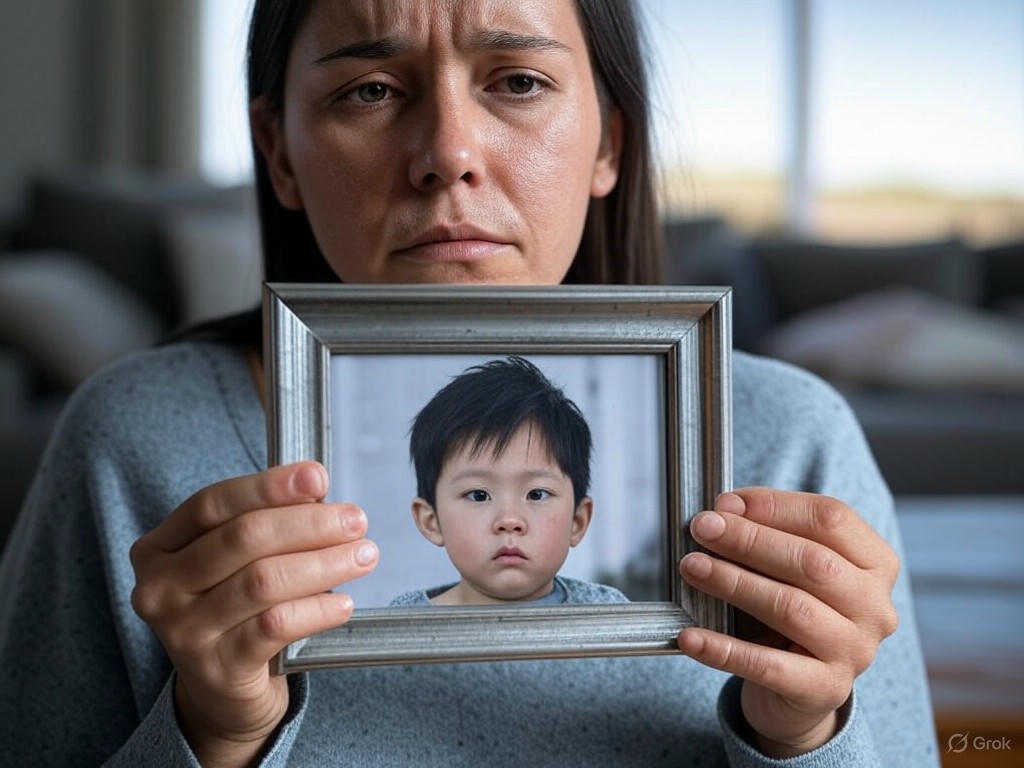In the world of rare disease treatment, hope can be both a lifeline and a double-edged sword. For families battling Duchenne muscular dystrophy (DMD), a devastating genetic disorder that primarily affects young boys, the promise of Elevidys—a groundbreaking gene therapy—offered a glimmer of possibility. However, recent events have cast a shadow over this optimism, leaving many desperate for transparency from the drug’s developer, Sarepta Therapeutics. Following the tragic news of a second patient death linked to Elevidys, the DMD community is reeling, and their calls for answers are growing louder.
Across social media platforms, parents and caregivers have begun sharing heartbreaking accounts of complications potentially tied to the therapy. Stories of unexpected health declines, severe side effects, and unanswered questions have sparked a wave of concern among those who pinned their hopes on Elevidys. This treatment, which gained accelerated approval for its potential to slow the progression of DMD, was heralded as a milestone in gene therapy. Yet, the lack of clear communication from Sarepta has left families feeling abandoned in their search for understanding. Many are questioning whether the risks were fully disclosed or if proper monitoring mechanisms were in place to protect vulnerable patients. The emotional toll of losing a child is unimaginable, and for these families, the uncertainty surrounding Elevidys only deepens their grief.
The DMD community isn’t just asking for explanations—they’re demanding accountability. Advocacy groups have stepped in, urging Sarepta to provide detailed reports on the circumstances surrounding the deaths and to outline any steps being taken to ensure patient safety. Some families have expressed frustration over the perceived prioritization of corporate interests over patient well-being, while others worry that fear of legal repercussions might be stifling open dialogue. Beyond the immediate need for answers, there’s a broader concern about the future of gene therapies. If trust erodes between pharmaceutical companies and the rare disease community, it could hinder progress on other life-changing treatments. The stakes are incredibly high, not just for those currently using Elevidys, but for countless others awaiting innovative solutions.
As the conversation unfolds, it’s clear that Sarepta holds a critical responsibility to rebuild confidence. Transparency about clinical trial data, post-approval monitoring, and adverse event reporting could go a long way in addressing the community’s fears. Regulatory bodies may also need to reassess how such therapies are evaluated and communicated to ensure that families are equipped with the information they need to make informed decisions. For now, the DMD community stands united, amplifying their voices in hopes of preventing further tragedy. Their message is simple yet profound: hope should never come at the cost of clarity. As they mourn their losses, these families are not just fighting for their children—they’re fighting for a future where no one is left in the dark.
